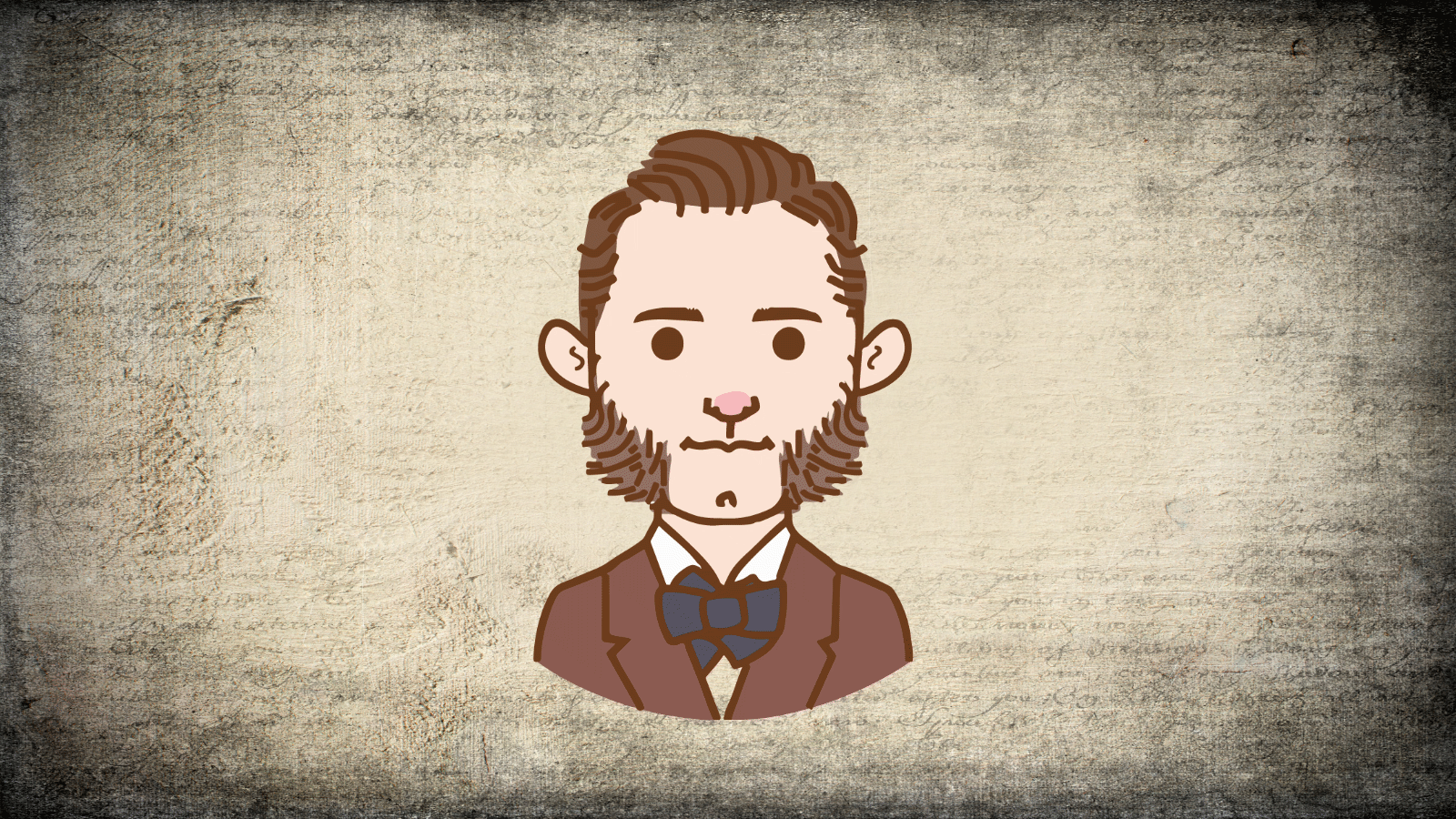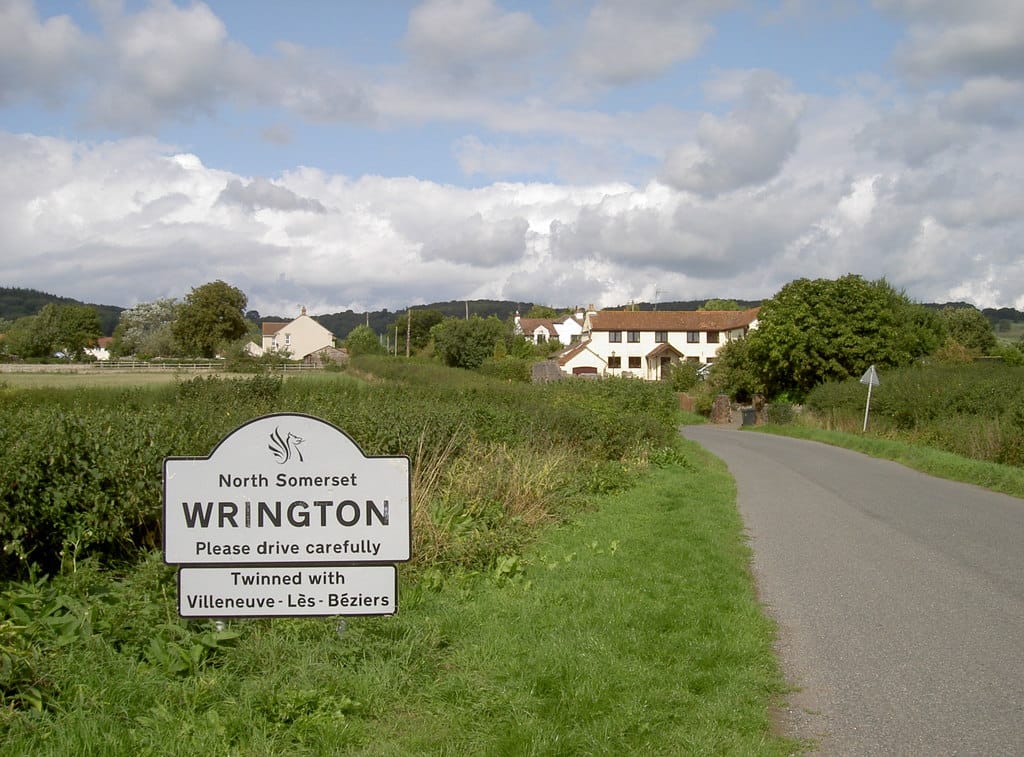Henry James Sams

Henry James Sams was born in Washingley, Huntingdonshire, in 1863, the son of William Sams and Frances nee Peak. When his birth was registered, his first name was not given. At the age of eight, he was away from home, a scholar at a small priavte school in nearby Stilton.
Henry married Sarah Jane May Stratton on 15th October 1888, at St Mary, Whittlesey. After their marriage they lived at 47 Highgate Place, Moseley Road, Birmingham, and several other locations. They had two sons, Henry Cecil Sams, born at Highgate Place on 4th October 1889, and William, who was born at 7 Devonshire Villas, Bath, on 23rd Feb 1894. In 1891 The family were living at 5 Devonshire Villas, Bath, and Henry was a sawmill manager. Number 7 was unoccupied at that time.
On 26th September 1894, Henry separated from his wife, and an allowance was agreed by Deed of Separation. In July 1900 Henry stopped the allowance, having learned that his wife was "leading an immoral life". She was then living at 28 Millon Street, Birmingham. In 1901 he applied to divorce her, on the grounds of adultery. He claimed in his original affadavit that she was living the life of a common prostitute, but he later amended and removed this accusation and cited a single co-respondent, Charles Jenks.
In the 1901 census Henry was living in Great Eastern Station Road, Fletton St Margaret, near Peterborough, with his son Henry and his sister Mary. He was listed as a timber merchant’s clerk, so he probably worked at the same timber yard where George William Richardson was an engineer’s fitter. Henry was nine years older than George.
Henry's divorce petition was granted in 1902 and he retained custody of his sons. At this time he was a timber merchant's traveller.
On 21st Feb 1903, Henry and George submitted a patent application for a tea maker. The application, GB190304109DA, was entitled ‘Time Water Heater and Alarm‘. Henry was listed as a commercial traveller living at 8 Saxon Villas, London Road, Peterborough, and George was listed as an engineer’s fitter, living at 74 Palmerstone Road, Woodstone, Peterborough.
Henry was probably not the inventor in this enterprise but he probably provided clerical support and perhaps intended to help market the invention.
It seems that Henry never revisited his brief career as a teasmade inventor. In the 1911 census he was living at 297 Coronation Road, Bedminster, and was still working as a clerk in the timber trade. He referred to himself as widowed rather than divorced, but I have found no clear evidence that Sarah had died.

Henry remarried to Alice Sarah House on 8 Apr 1913 at Brean Church in Somerset, again referring to himself as widowed. Henry and Alice settled in Wrington, Somerset, and Henry became a poultry farmer. They lived there until Henry’s death on 3 Feb 1939. His death announcement in the Western Daily Press read simply,
Sams - Henry James, beloved husband of Alice Sams, of Wrington, passed peacefully away February 3. Funeral, Tuesday, 2.30.
An obituary appeared in the same paper on 9th February:
FUNERAL OF WRINGTON POULTRY FARMER
Service for Mr H. J. Sams at Parish Church
The funeral of Mr H. J. Sams took place at Wrington. Mr Sams, who for many years was a poultry farmer at Wrington, was interested in various sports. A large number attended the service, which was held in the Parish Church and conducted by the Rev. A. Hook, rector. The mourners were Miss Ada Dibble (sister-in-law). Mr W G Dibble, E. Dibble, Mr G. Dibble (brothers-in-law). [...] The bearers were Messrs G. H. Collins, R. Wear W. Keel and C. Keel. The funeral arrangements were carried out by Mr W W. Yeates, Wrington.
This short article included a list of attendees, which did not include his sons.
Henry’s son, Cecil Henry, became an engineer’s fitter, perhaps influenced by George Richardson. He later became an auto engineer. William became a carpenter and served in WW1. In 1921 he was living in Axbridge, not far from his father, and working for a building contractor at the reservoir in Weston Super Mare.
